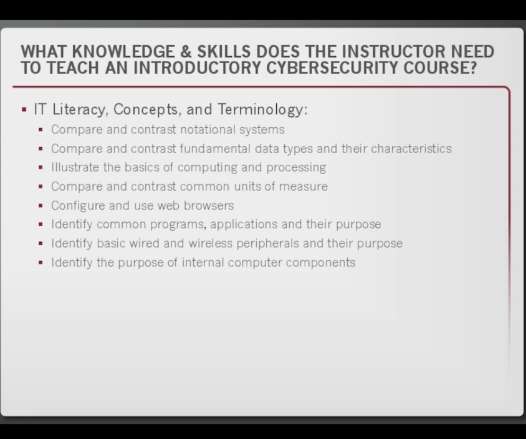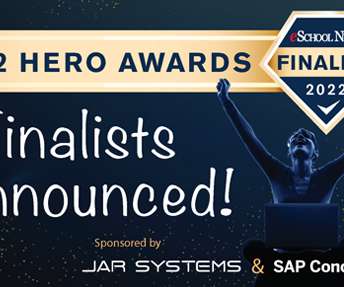What You Need to Know About Teaching Cybersecurity
edWeb.net
DECEMBER 11, 2019
In a recent edWebinar , Casey O’Brien, Executive Director, National CyberWatch Center, and Jim Kowatch, CEO, Infosec Learning, underscored that to fill the demand for cybersecurity experts, secondary and higher education should focus their attention on developing cybersecurity courses that are rooted in IT operations and applications.
















Let's personalize your content